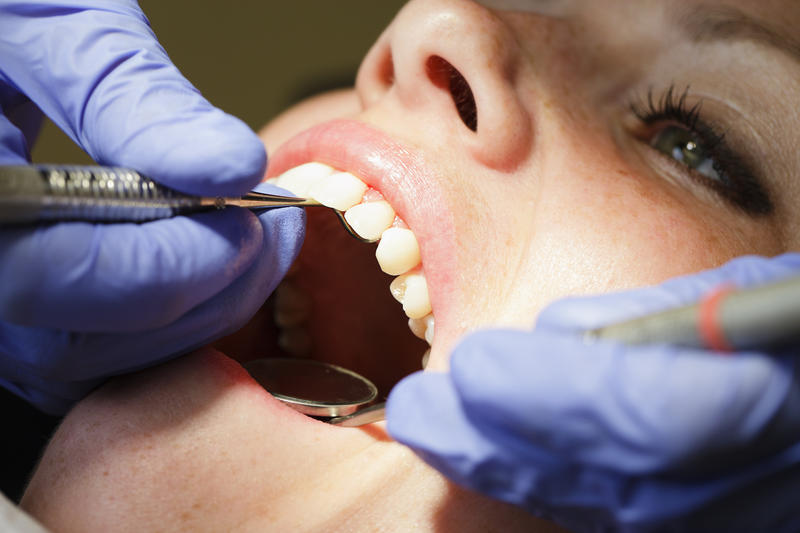
Image Source: Google
In recent years, there has been a growing interest in biological dentistry as people are becoming more conscious of the impact of conventional dental practices on their overall health. The best Biological dentistry, also known as holistic or natural dentistry, focuses on the connection between oral health and the body as a whole. It emphasizes treatments that are not only good for the teeth and gums but also support the body's natural healing processes. This approach considers the use of non-toxic materials, minimally invasive techniques, and a more natural, preventive approach to dental care.
The Principles of Biological Dentistry
Key principles of biological dentistry include:
- Minimizing the use of toxic substances: Biological dentists avoid using materials that may be harmful to the body, such as mercury in amalgam fillings.
- Promoting prevention: Focus on preventive measures to maintain oral health and overall well-being.
- Considering the whole body: Understanding the connection between oral health and systemic health, and how dental treatments can impact other parts of the body.
- Using biocompatible materials: Choosing materials that are compatible with the body to avoid adverse reactions or sensitivities.
- Supporting natural healing: Encouraging the body's natural healing processes and avoiding practices that may disrupt them.
Benefits of Biological Dentistry
Some of the benefits of choosing biological dentistry include:
- Improved overall health: By focusing on the link between oral health and systemic health, biological dentistry can contribute to a healthier body.
- Reduced risk of toxic exposure: Minimizing the use of toxic materials in dental procedures can help reduce the risk of harmful effects on the body.
- Personalized treatment options: Biological dentists often take a more individualized approach to treatment, considering each patient's unique needs and preferences.
- Environmentally friendly practices: By using biocompatible and natural materials, biological dentistry is also better for the environment.
- Long-term wellness: Emphasizing prevention and natural healing can lead to long-term oral health and overall well-being.
Common Practices in Biological Dentistry
Some of the common practices in biological dentistry include:
- Mercury-free fillings: Using composite resin or other non-toxic materials instead of amalgam fillings that contain mercury.
- Biocompatibility testing: Testing materials to ensure they are compatible with the patient's body and do not cause adverse reactions.
- Root canal alternatives: Considering alternatives to traditional root canal therapy, which may involve harmful chemicals and leave behind bacteria.
- Nutritional counseling: Providing guidance on a diet that supports oral health and overall wellness.
- Non-invasive treatments: Using minimally invasive techniques to preserve natural tooth structure and promote healing.
Choosing a Biological Dentist
When selecting a biological dentist, consider the following:
- Educational background: Look for a dentist with training in biological or holistic dentistry.
- Philosophy of care: Ensure the dentist aligns with your beliefs and values regarding natural and holistic healthcare.
- Treatment options: Discuss the available treatment options and the materials used in procedures.
- Patient reviews: Check patient reviews and testimonials to gauge the quality of care provided.
- Consultation: Schedule a consultation to discuss your concerns and see if the dentist is the right fit for you.
Conclusion
Biological dentistry offers a natural and holistic approach to oral health that considers the well-being of the entire body. By focusing on prevention, using biocompatible materials, and supporting the body's natural healing processes, biological dentistry can help patients achieve healthier smiles and overall wellness. If you are looking for a more natural and health-conscious approach to dental care, consider exploring the benefits of biological dentistry and finding a qualified practitioner who shares your values.